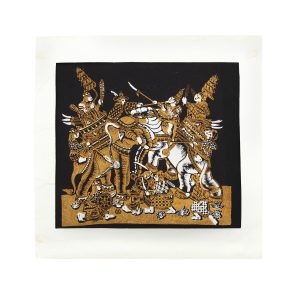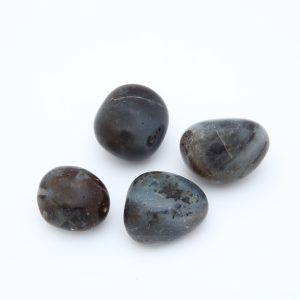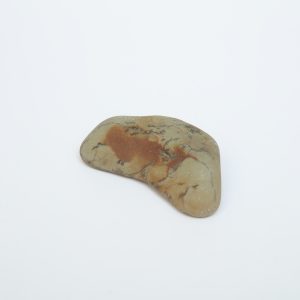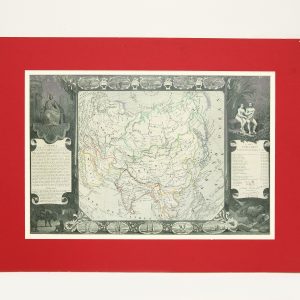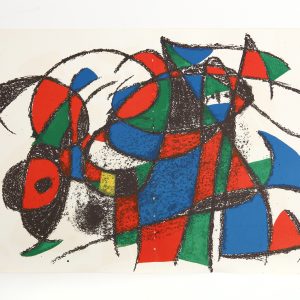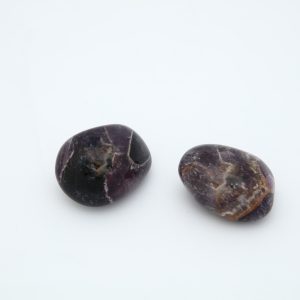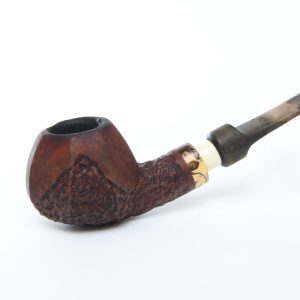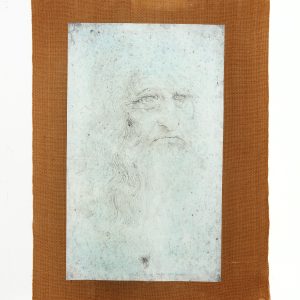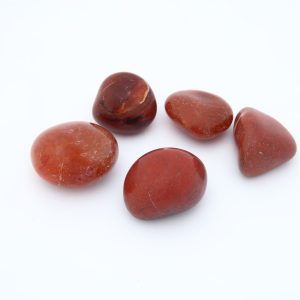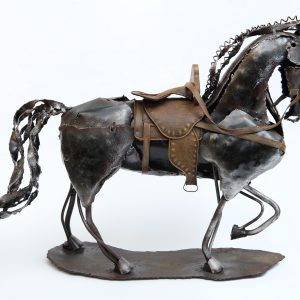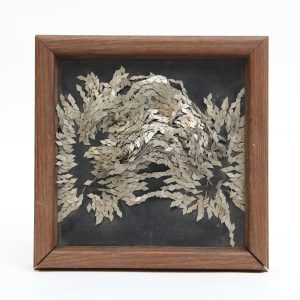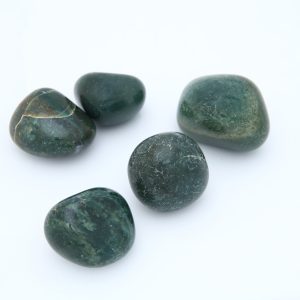If Fan Chou were still alive, how might he manage his collection? Lacking a will that designates specific individuals for certain items, we have decided to photograph all the artifacts and upload them online for visitors to enjoy.
If Fan Chou were still alive, how might he manage his collection? Lacking a will that designates specific individuals for certain items, we have decided to photograph all the artifacts and upload them online for visitors to enjoy.
While the market value of each item is one factor to consider, its true worth lies in the viewer’s perspective.
Each piece is crafted by skilled hands and thoughtful minds from around the globe, reflecting the time and effort invested in its creation.
These items once inspired awe, appreciation, and contemplation in Fan Chou as he handled and admired them at various moments.
From “Conversations with God,” Volume 3, page 471
The notion of “personal ownership” for highly evolved beings refers to their responsibility for all the valuable things they care for. Their relationship with objects is one of “cherishing.” In your terminology, this aligns closely with “stewardship.” Highly evolved beings are stewards, not “owners.”
The concept of ownership and its implications is not part of their culture. There is no notion of personal belongings or individual ownership. Rather than possess, they cherish. They embrace, love, and care for things without claiming them as their own.
Human possession stands in stark contrast to the cherishing nature of these evolved beings, a distinction best captured in your language.
The above excerpt was translated from Chinese on the website books.com.tw.
From “Conversations with God,” Volume 3, page 471
The notion of “personal ownership” for highly evolved beings refers to their responsibility for all the valuable things they care for.
Their relationship with objects is one of “cherishing.” In your terminology, this aligns closely with “stewardship.” Highly evolved beings are stewards, not “owners.”
The concept of ownership and its implications is not part of their culture. There is no notion of personal belongings or individual ownership.
Rather than possess, they cherish. They embrace, love, and care for things without claiming them as their own.
Human possession stands in stark contrast to the cherishing nature of these evolved beings, a distinction best captured in your language.
The above excerpt was translated from Chinese on the website books.com.tw.
-
織品(FP)
象背榮光:納黎萱的決鬥傳奇
-
水晶碎石(MJ)
夜幕之石:煙晶的低語
-
石(MJ)
石中韻:天地畫卷
-
繪畫(PT)
勒瓦瑟的亞洲地圖:地理與寓言的交融
-
繪畫(PT)
胡安‧米羅的超現實語言
-
水晶碎石(MJ)
紫水晶的低語
-
煙斗(PS)
紳士的山嵐之境
-
繪畫(PT)
達文西自畫像的詩意流轉
-
水晶碎石(MJ)
掌中的紅韻:時間與大地的低語
-
鐵之舞(SP)
鐵骨錚錚,雕塑中的征途
-
鐵之舞(SP)
無限想像的構築
-
水晶碎石(MJ)
深海與山林的低語
-
織品(FP)
象背榮光:納黎萱的決鬥傳奇
-
水晶碎石(MJ)
夜幕之石:煙晶的低語
-
石(MJ)
石中韻:天地畫卷
-
繪畫(PT)
勒瓦瑟的亞洲地圖:地理與寓言的交融
-
繪畫(PT)
胡安‧米羅的超現實語言
-
水晶碎石(MJ)
紫水晶的低語
-
煙斗(PS)
紳士的山嵐之境
-
繪畫(PT)
達文西自畫像的詩意流轉
-
水晶碎石(MJ)
掌中的紅韻:時間與大地的低語
-
鐵之舞(SP)
鐵骨錚錚,雕塑中的征途
-
鐵之舞(SP)
無限想像的構築
-
水晶碎石(MJ)
深海與山林的低語
The purpose of our website is to give these objects a chance to find new caretakers who will continue to appreciate, admire, and cherish them.
If you find something that captivates you, please feel free to reach out to us via the website’s email.
The purpose of our website is to give these objects a chance to find new caretakers who will continue to appreciate, admire, and cherish them.
If you find something that captivates you, please feel free to reach out to us via the website’s email.

